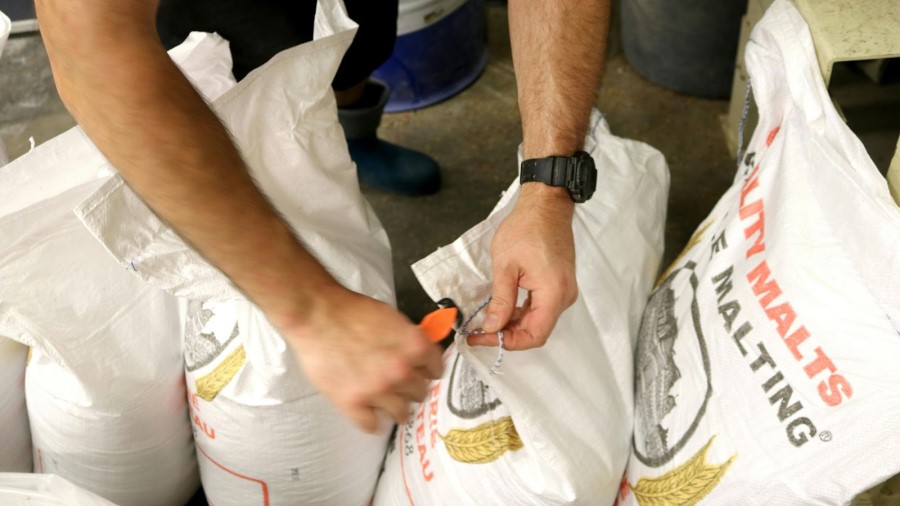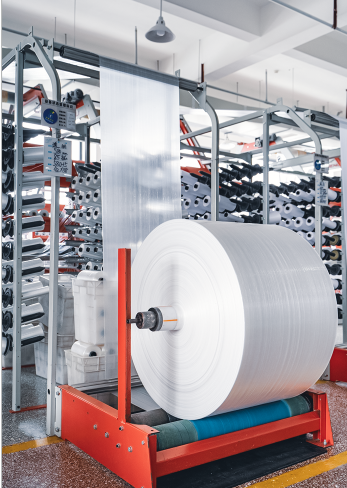
Polypropylene bags have many applications across various industries, including agriculture, construction, food packaging, and retail.
In agriculture, they are used for packaging seeds, grains, fertilizers, and animal feed, while in construction, they serve as containers for sand, cement, gravel, and concrete.
Additionally, polypropylene bags are commonly utilized in food packaging for snacks, frozen foods, fresh produce, and bakery items.
In the retail sector, these bags are used for packaging clothing, accessories, and household items.
Polypropylene bags are widely used in the agriculture industry for packaging various products such as seeds, grains, fertilizers, and animal feed.
Moreover, woven polypropylene bags are commonly used for packaging seeds, grains, and fertilizers due to their strength and durability.
Furthermore, polypropylene rice bags are commonly used for packaging and storing rice in agricultural settings.
In the construction industry, polypropylene bags are utilized for storing and transporting construction materials such as sand, cement, gravel, and concrete.
Heavy-duty polypropylene bags are preferred for construction applications due to their ability to withstand heavy loads and harsh environmental conditions.
Polypropylene sand bags and polypropylene cement bags are commonly used for storing and transporting sand and cement in construction sites.
Polypropylene bags have extensive applications in the food packaging industry for storing and transporting food products such as snacks, frozen foods, fresh produce, and bakery items.
BOPP bags, which are coated with a layer of BOPP film, are commonly used for food packaging due to their excellent clarity and moisture resistance.
In the retail sector, polypropylene bags are used for packaging and carrying various retail goods such as clothing, shoes, accessories, and household items.
Non-woven polypropylene bags are popular for retail packaging due to their lightweight, reusable, and eco-friendly properties.
Polypropylene storage bags are commonly used for packaging and storing various retail goods such as clothing, accessories, and household items.
Polyethylene (PE) bags are softer, flexible, and have a lower melting point, ideal for lightweight applications like grocery bags and food packaging.
Polypropylene (PP) bags are stiffer, more heat-resistant, and better suited for heavy-duty packaging such as bulk materials and industrial use.
PE is more widely recycled, while PP recycling is less common but feasible.
Both serve packaging needs, with PE offering versatility and PP providing strength and durability.




